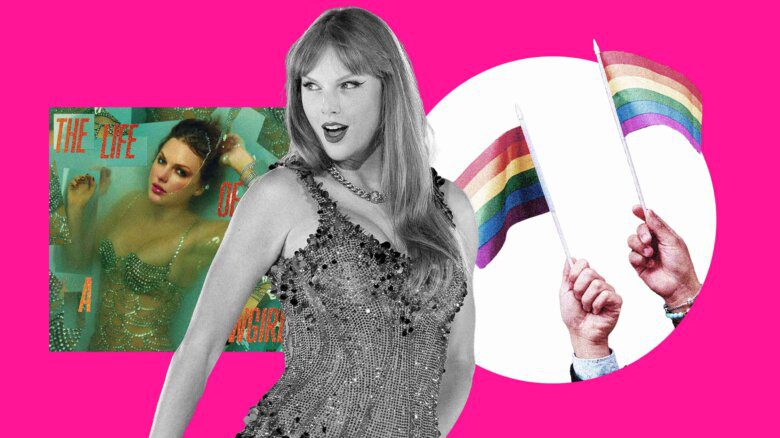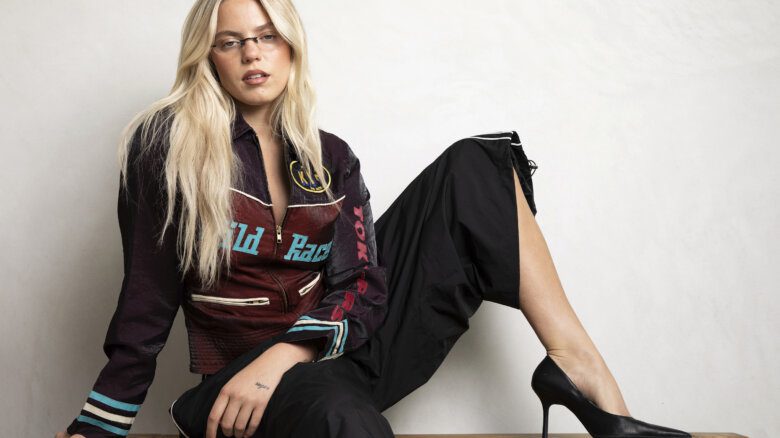As Brazilian President Jair Bolsonaro continues his assault on the rights of LGBTQ+ people in his country, a queer musical revolution is gaining steam through a thriving underground scene of Brazilian funk and brega (a subgenre of popular music that is based on dramatic exaggeration and romantic ingenuity) where queer and trans artists are fashioning a space for themselves. Now they’re taking their music—and their radical politics—from the underground to the mainstream.
Queer pop stars are dominating Brazil’s music industry with their trangressive lyrics, outrageous music videos and visibly queer presence. Here are the top six artists who are queering this traditionally macho country of 213 million.
Pabllo Vittar
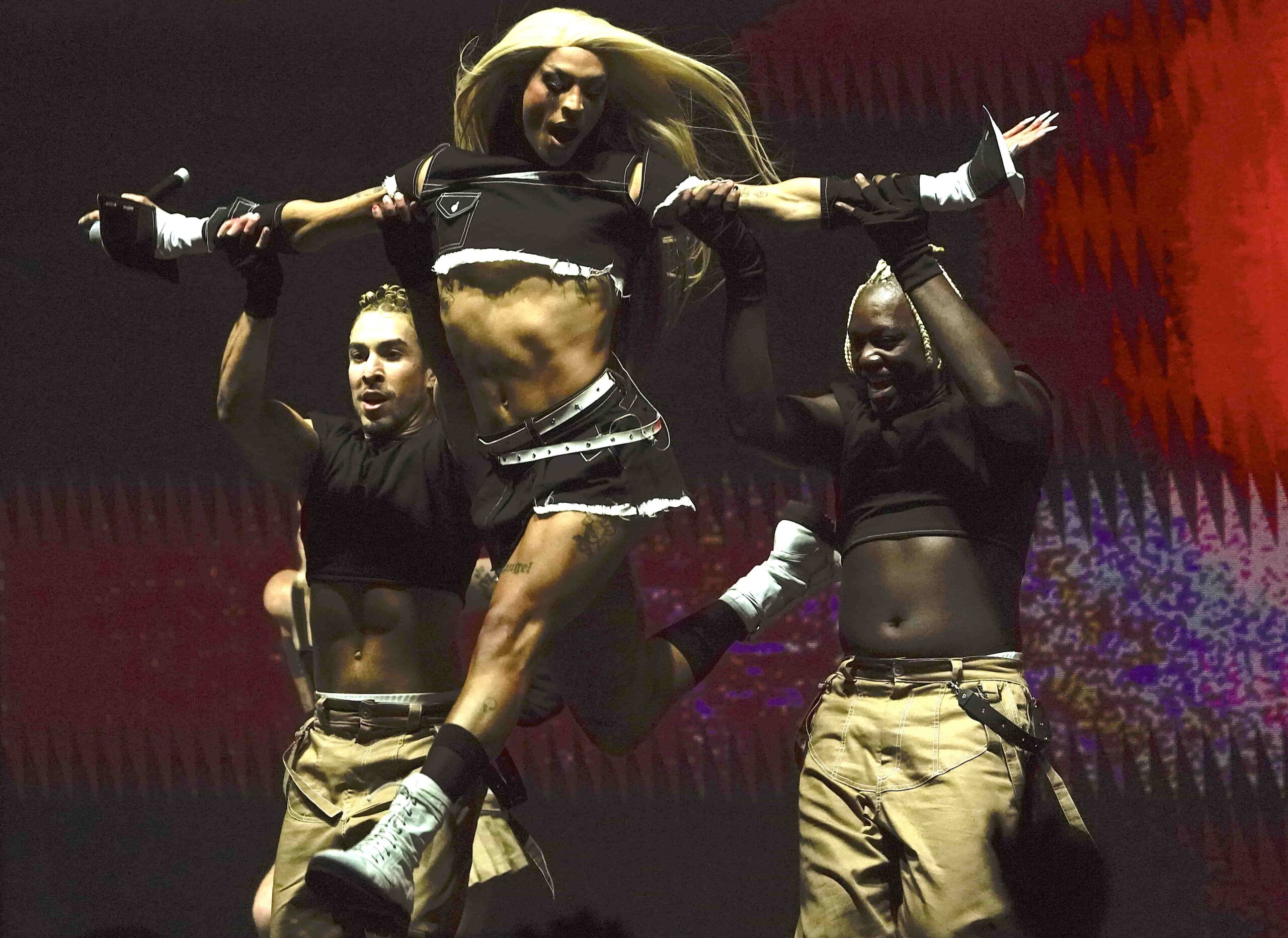
Credit: Eduardo Verduga/AP Photo
RuPaul who? Pabllo Vittar is one of the world’s most popular drag queens (she boasts 12 million followers on Instagram) and one of Brazil’s biggest pop stars. In 2018, she became the first Grammy-nominated drag queen for her hit song “Sua Cara,” a collaboration with Diplo and Anitta. Vittar is such a powerhouse that her latest work can be found on Lady Gaga’s Dawn of Chromatica remix album. Her version of “Fun Tonight” is pure brega.
Vittar has become a kind of scarecrow for anti-“gender ideology” conservatives afraid that she will turn kids gay. A frequent target of fake news, Vittar has been accused of receiving money from the government and potentially hosting a children’s TV show.
But she hasn’t backed down from living her truth. In 2021, when launching her fourth studio album, Batidão Tropical, Vittar had harsh words to share about the president and his criminal inaction over COVID-19 pandemic. “What makes me sad is Bolsonaro being president,” she told UOL. “It’s your role as president to do something for the people and buy the necessary vaccines, and not mock people with COVID-19. It’s revolting.”
Gloria Groove
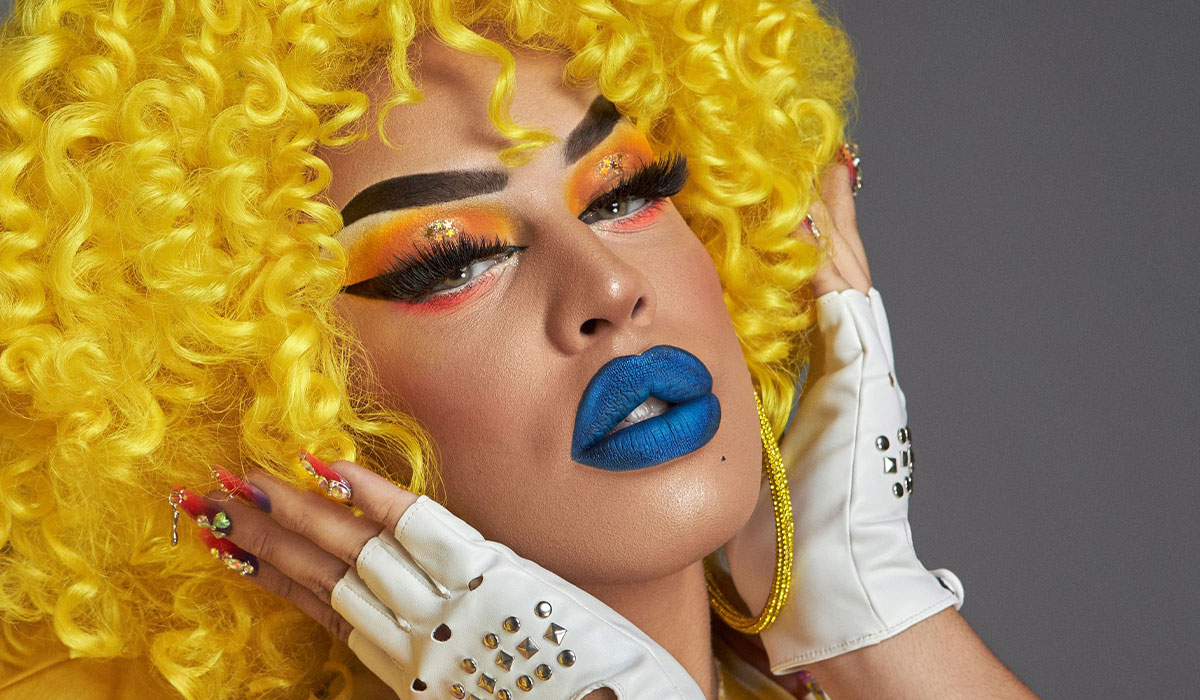
Credit: Everett Collection/CP Images
Gloria Groove is a singer, actor and drag queen, whose songs range from Brazilian funk to pop to trap and hip-hop. Her videos are some of the most inventive in the Brazilian music industry. With a drag style that can be described as “spooky chic,” Groove wears both male and female drag, playing with the performativity of gender. Her song “Bonekinha” urges listeners to shake their asses, and her most recent single “A Queda” is an exploration of cancel culture.
Groove expressed her distaste toward the Brazilian government in 2018 when she broke her contract (as did Vittar) with a fashion company that supports Bolsonaro. “[Bolsonaro] should have already been impeached for his criminal speeches that legitimize hatred,” Groove told UOL. “People are no longer ashamed to express racism, sexism, homophobic and transphobic and other discriminations, simply because they feel represented by this hate speech and intolerance. The candidate’s political trajectory shows undeniable persecution of minorities.”
Ludmilla
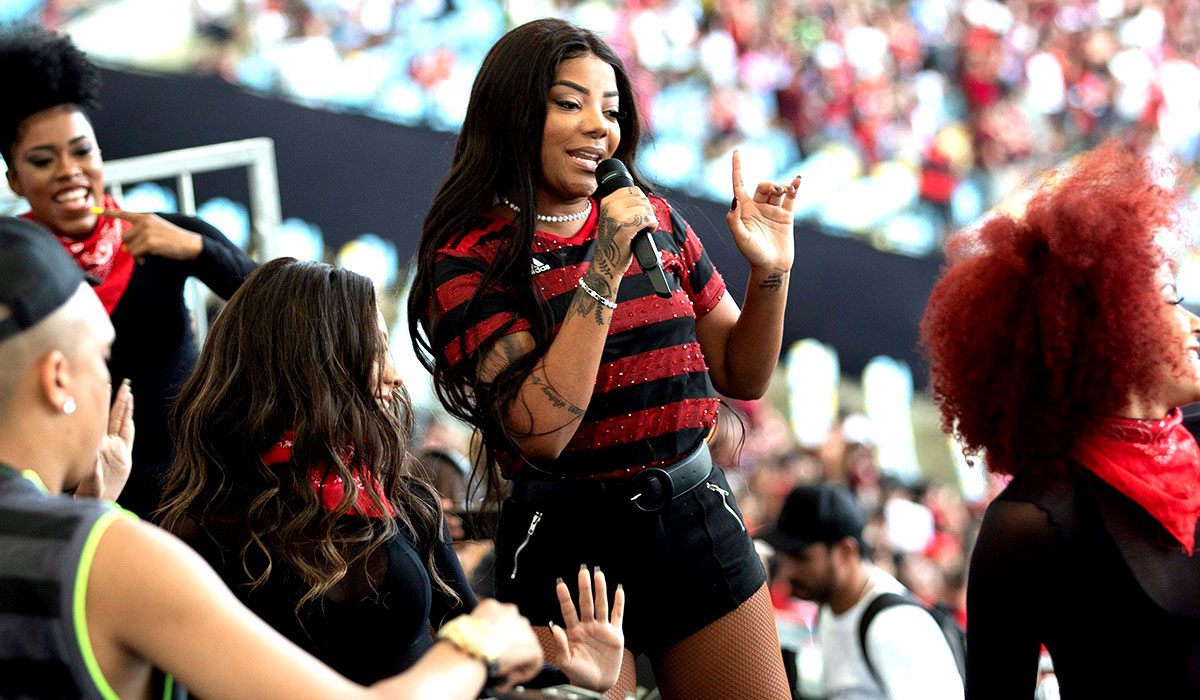
Credit: AP Photo/ CP Images
Ludmilla is a Black bisexual singer from Rio de Janeiro making infectious funk carioca (a type of hip-hop popular there). Her songs have been nominated for a Latin Grammy and multiple Brazilian MTV awards. In 2018, she revealed she was in a relationship with one of her dancers, Brunna Gonçalves, whom she married in 2019. Since Ludmilla publicly revealed her relationship, she has included sapphic love in many of her videos, creating a Black bisexual femme body of work unlike anything seen before in Brazil.
With hits like “Verdinha” and “Rainha da Favela,” she celebrates her identity as a Black Brazilian woman. After she publicly came out, Ludmilla lost contracts with corporate sponsors, but she says it’s a relief to be open. “It’s awful to hide who you really are,” she told the O Globo newspaper. “I lived through that agony for a long time. I’m already a person who has many intersections: Black, working class and bisexual.”
Danny Bond
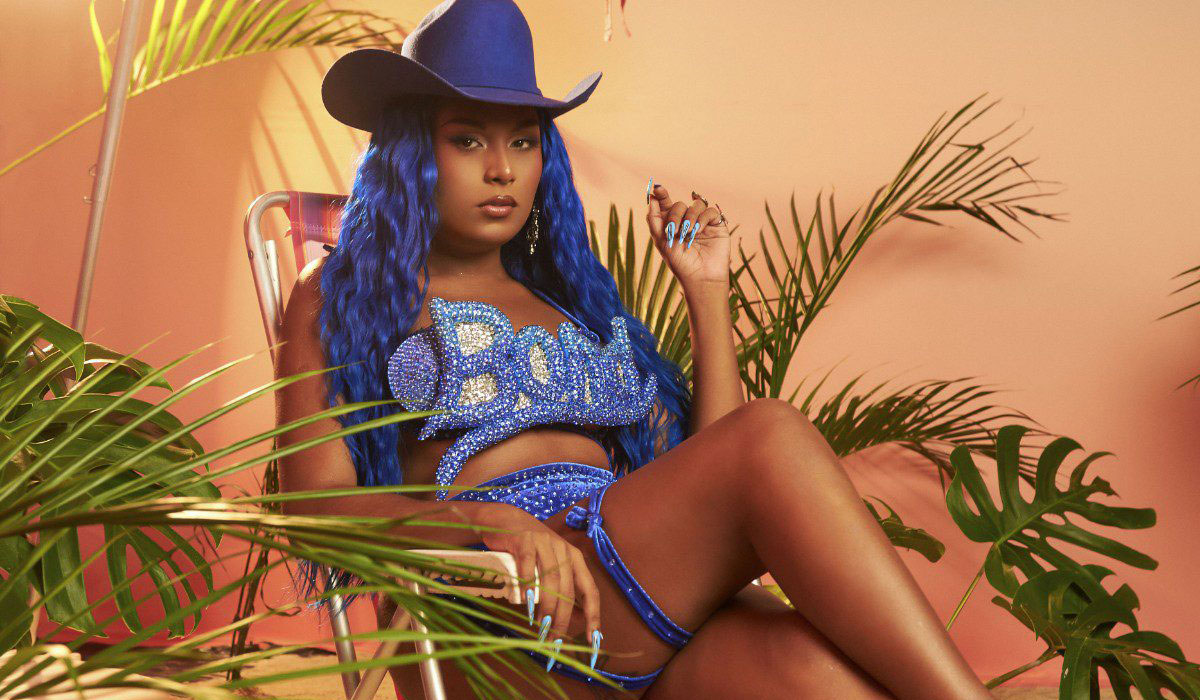
Credit: Gustavo Delgado
Danny Bond is a trans woman from Alagoas, a state in the northeast of Brazil. Her 2018 song “Tcheca” became an LGBTQ+ anthem and its video has been viewed over 3.8 million times. In “Tcheca,” Bond plays with cis people’s genital fixation: “My name is Danny Bond, I have a pussy / If you don’t believe me, I’ll show you / But when I show you, you’ll have to lick it,” she sings as she twerks at the camera. At 24, Bond, who was born in a favela, boasts national fame and the title of queen of her city, Jacintinho.
Bond’s whole existence is an act of resistance. Her sexually explicit songs, with obvious LGBTQ+ themes, embody the verve and strength necessary to exist under the Bolsonaro government. This year, Bond became the first Black trans woman with two #1 songs on Brazilian iTunes. Her hatred for the Brazilian president is something she talks about openly. “I woke up and Bolsonaro is still alive, what a shitty day,” she tweeted in May 2021.
Linn da Quebrada
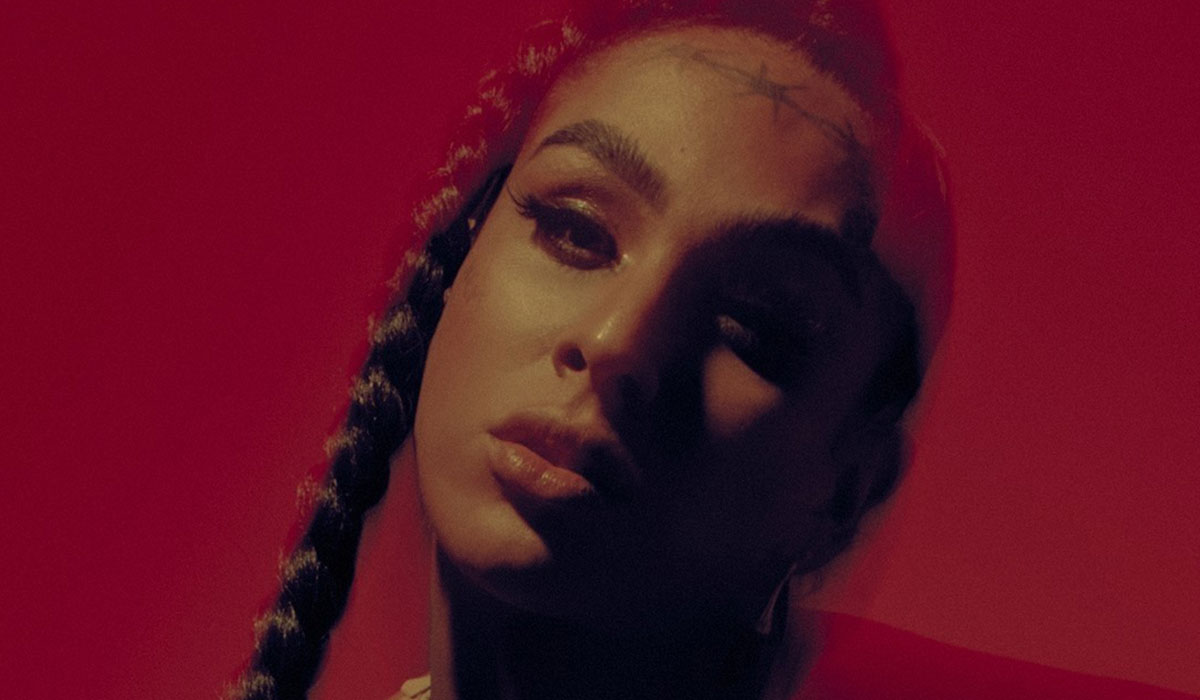
Credit: Courtesy of Facebook
Linn da Quebrada is a multimedia artist and singer whose work draws from her experience as a Black travesti (a transfeminine non-binary identity unique to Brazil) in a patriarchal society. Linn’s first studio album from 2018, Pajubá, is an homage to the language spoken between Black and Brown queer people in the country and it catapulted her career in Brazil and abroad. “Pajubá is a language of resistance,” Linn wrote in a Facebook post. “It is a language of resistance, constructed through words and expressions of African origin. It’s used especially by travestis and large parts of the LGBT community.”
Linn is an invaluable representation for Black travestis in Brazil. A 2018 documentary about her, Bixa Travesty (available on Amazon in the U.S.) won a Teddy Award for best foreign documentary at the Berlin International Film Festival. Linn’s art is a lesson in how to break free from heteronormative ways of living and creating.
Urias
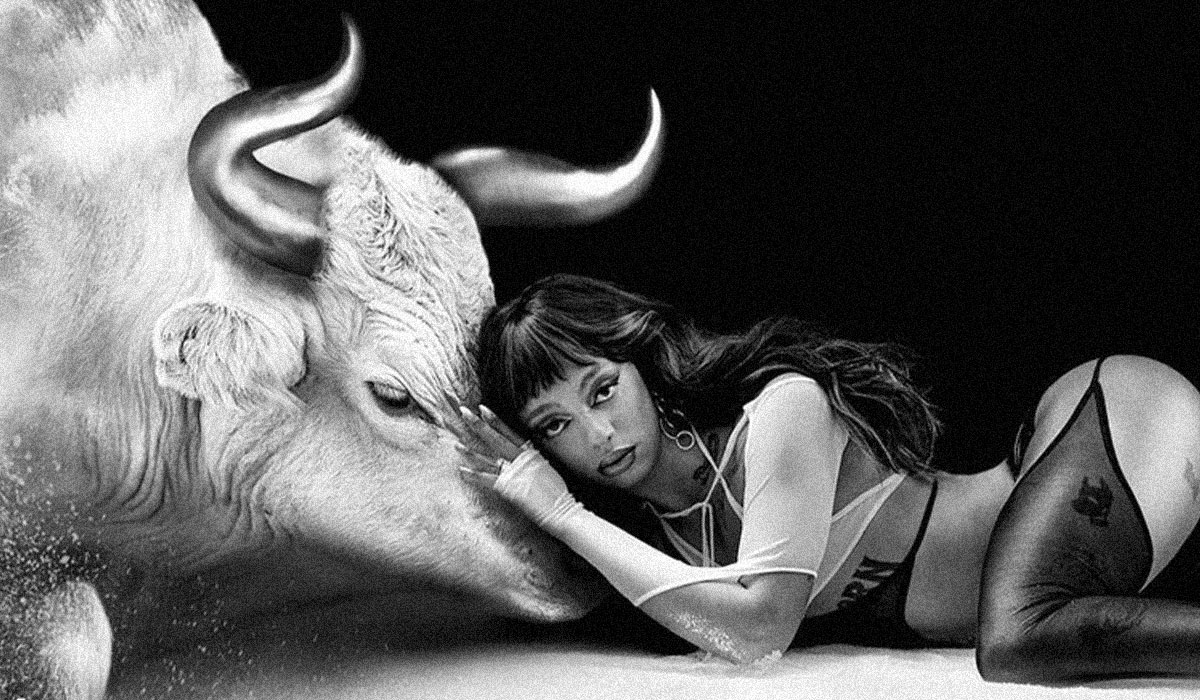
Credit: .
Urias is a trans model and recording artist. Her visually stunning video “Diaba” (“Devil”) expresses her transgressive spirit by turning the Last Supper on its head. Standing in for Jesus—or is she the devil?—Urias sings, “I’m not asking for your permission / Your permission never made a difference / Politely, I say / Fuck your beliefs / Fuck your beliefs.” In an interview with POPline, Urias said: “As an artist, I take everything I do as an action because, whether I like it or not, my body is political.”
Urias’s music is essential for the Brazilian LGBTQ+ community, particularly for racialized trans women. “My body speaks first, before I open my mouth,” Urias said. “I see that when people relate to what I say and the music I make, when they look for comfort in my work. It’s so good to know I provide that to people.”
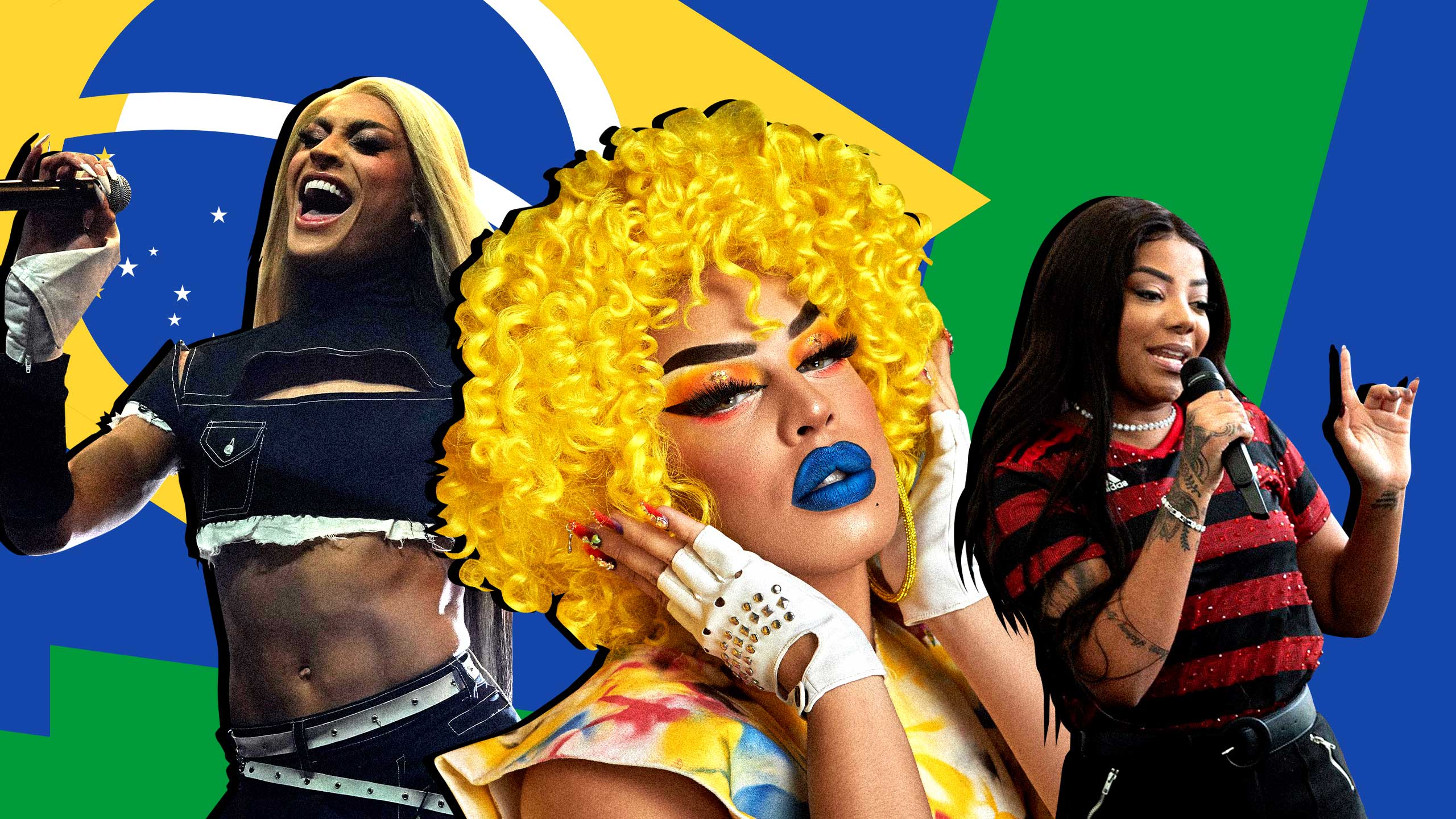

 Why you can trust Xtra
Why you can trust Xtra